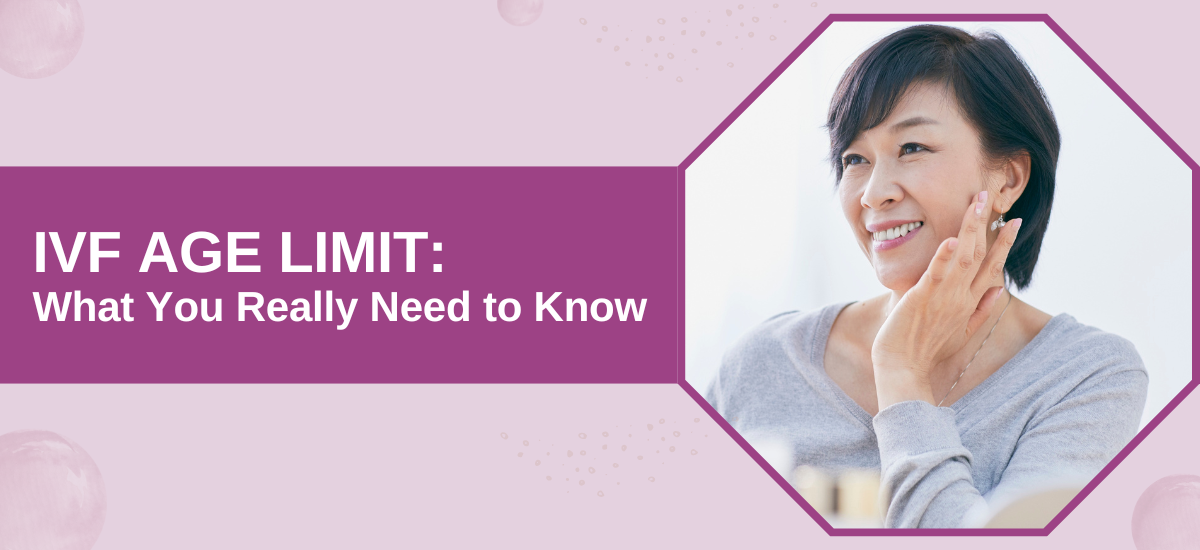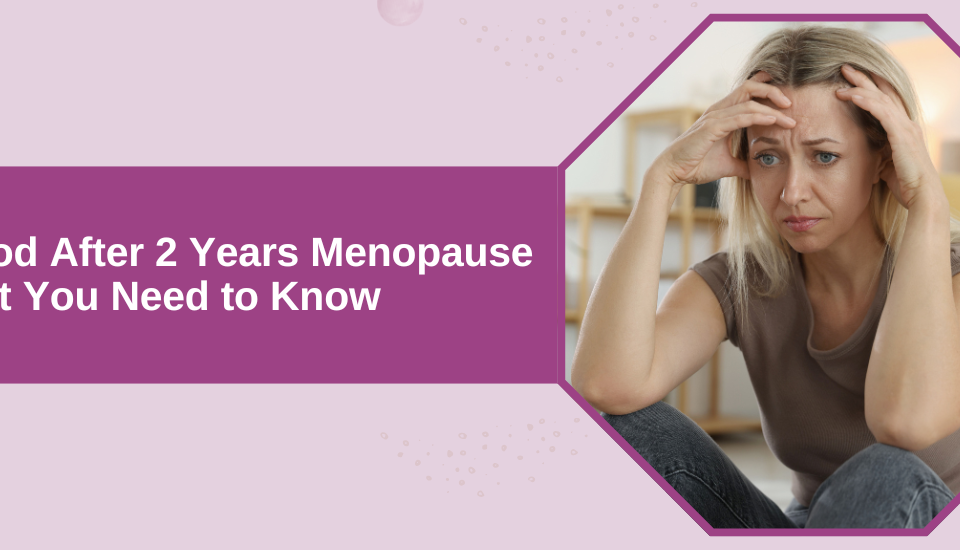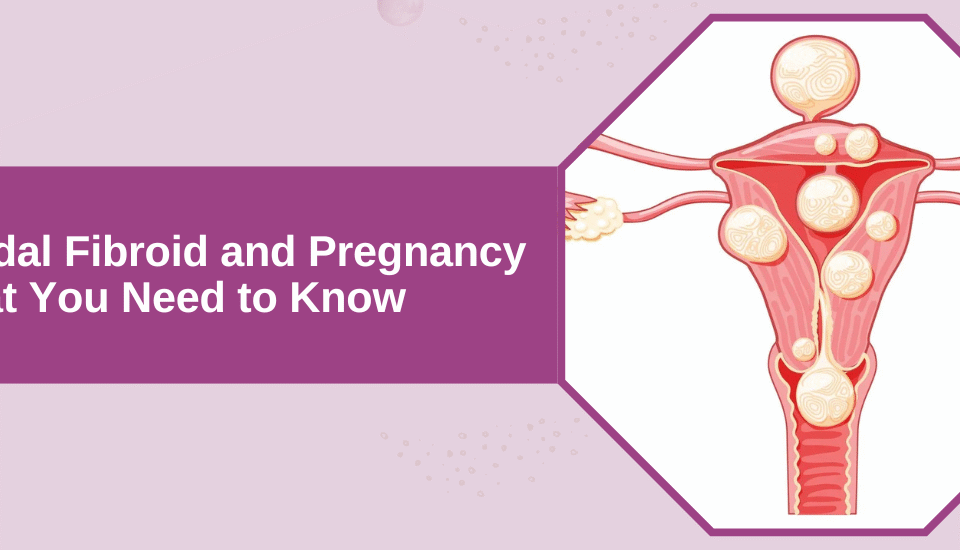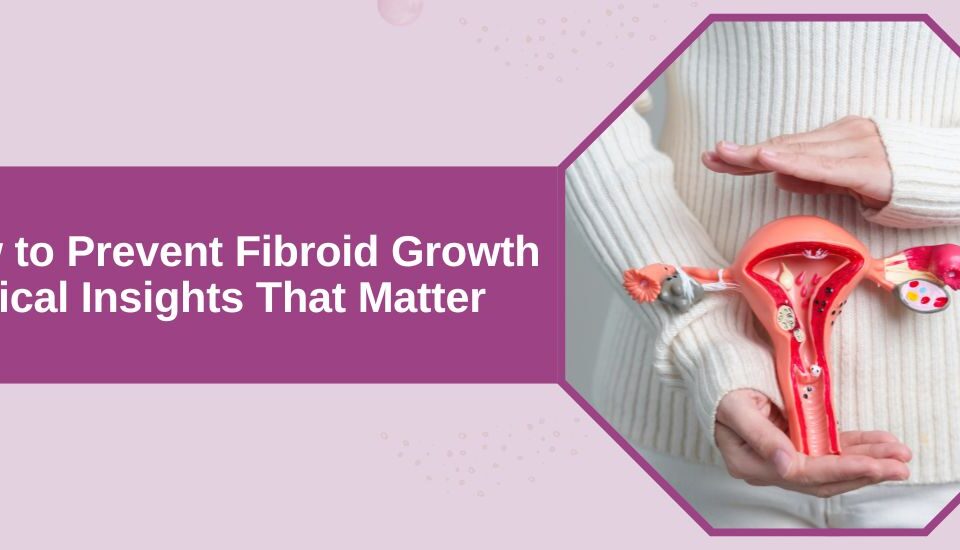- Have any questions?
- +91-98717 17305
- babiesandus12@gmail.com
IVF Age Limit: What You Really Need to Know – Introduction

HCG Levels 15 Days After Embryo Transfer: Key Insights, Ranges, and Guidance
July 18, 2025
IVF Injections Side Effects: The Real Picture
August 19, 2025
For centuries, the longing to have a child has been deeply woven into human experience. Today, assisted reproductive technology like IVF makes parenthood a reality even when nature needs a helping hand. While IVF offers hope, age continues to play a pivotal role in determining treatment paths and success outcomes.
Yet, one question still looms large in the minds of many hopeful parents: how old is too old for IVF?
Dr. Hrishikesh Pai, Founder – Babies & Us Fertility IVF Centre, a trusted IVF Centre in Mumbai, explains:
“IVF opens doors, but it’s not a one-size-fits-all solution. Age has a direct impact on egg quality, embryo viability, and overall success. Understanding the right age window helps set realistic expectations and make better decisions.”
Despite medical advancements, a person’s age remains the most significant factor in IVF planning. But why is age so important, and how does it affect success?
Why Age Still Defines IVF Choices
Here’s what you need to know:

Egg Quantity and Quality Decline: Women are born with all the eggs they’ll ever have. By age 35, egg quality and count begin to decline rapidly. By age 40, this drop becomes steeper, impacting fertilization and embryo development.
Uterine Receptivity: While the uterus remains functional longer, hormonal changes that accompany aging may affect the endometrial lining, which is essential for embryo implantation.
Genetic Abnormalities Increase: Older eggs have a higher risk of chromosomal issues, which can lead to failed implantation, miscarriage, or genetic conditions.
Partner Age Matters Too: Advanced paternal age (typically after 40–45) can also impact sperm quality and embryo health.
All of these factors converge to influence not just if IVF works, but how well it works.
Now that you know how biology plays a role, let’s explore the other side of the coin—what the law says.
Biological vs. Legal: The Two Realities of IVF Age Limits
The IVF age limit isn’t just about biology; legal frameworks also set boundaries that vary across countries and even clinics. In India, the Assisted Reproductive Technology (Regulation) Act, 2021 specifies clear age-related criteria:
· Women must be between 21–50 years
· Men must be between 21–55 years

These limits were put in place to ensure ethical practice and reduce medical complications in older individuals. However, legal restrictions are often more lenient than biological constraints.
Dr. Nandita Palshetkar, a prominent fertility doctor in Mumbai, shares:
“We often have patients who legally qualify for IVF but may face low success odds biologically. Legal age limits provide a framework, but personalized medical assessments are just as crucial.”
So, even if the law says “yes,” your body might be saying “maybe.”
Not sure how your age might affect IVF outcomes? Speak with a fertility expert who can walk you through your options and help you plan a path that aligns with your life stage and goals.
Wondering how IVF age laws vary across the globe? The differences may surprise you.
Country-by-Country IVF Age Limits: Are There Legal Maximums?
Age restrictions on IVF are not universal. Countries implement policies based on cultural norms, healthcare policies, and ethical considerations.
Here’s a quick look at how IVF maximum age limits differ globally:
India: Women (21–50), Men (21–55)
United Kingdom: No official upper age, but NHS typically offers IVF until age 42
USA: No federal limit; private clinics often treat women up to 50, sometimes older with donor eggs
France: IVF allowed up to 43 for women
Italy: Generally up to age 50
Australia: No strict legal limit, but most clinics cap at 50–52
This variation highlights the need for localized medical guidance. Even where law permits, not all clinics are equipped or willing to treat older patients.
But what if you meet all the criteria and still get turned away? Let’s uncover why that happens.
Why Clinics May Say No Even Without a Legal Limit
Even without age-related legal restrictions, fertility clinics may decline IVF treatments. Why? Their decisions are grounded in medical ethics, safety concerns, and success probabilities.
Here are common reasons:
Very Low Success Rates: Beyond a certain age, the chance of success is so minimal that it may not be considered medically justified.
High Health Risks: Older women may face pregnancy complications such as hypertension, gestational diabetes, or preeclampsia.
Emotional and Financial Burden: Failed IVF cycles can be emotionally draining and costly. Clinics may discourage treatments unlikely to succeed.
Resource Allocation: Clinics often prioritize patients with a higher probability of success due to resource constraints.
Dr. Hrishikesh Pai, an esteemed IVF specialist in Mumbai, emphasizes:
“We evaluate each case not just by age but overall health, ovarian reserve, and family goals. Ethical care means being honest about what’s realistically possible.”
Curious about what IVF looks like after 40? Let’s look at real-world outcomes and data.
IVF After 40: What Does Success Look Like?
If you’re considering IVF over 40, you’re not alone. Many hopeful parents pursue treatment at this stage, but knowing what to expect is key.

What do the numbers say?
Success rate at 40: approximately 20–25% per cycle (with own eggs)
At 43–44: Drops to approximately 10–15%
At 45+: Less than 5%, often requiring donor eggs
Factors that influence success:
Use of donor eggs: Success rates with donor eggs can be as high as 55–60%, even in women over 45.
Overall health: Lifestyle, BMI, and chronic conditions all play a role.
Number of IVF cycles: Cumulative success improves with multiple cycles.
IVF at this age is still possible but with eyes wide open.
Thinking about IVF in your 40s? Speak with a specialist who can guide you based on your unique health profile and reproductive goals.
Let’s unpack the facts and misconceptions about IVF age limits because when it comes to fertility, clarity is power.
Common IVF Age Limit Myths You Need to Forget
Misunderstandings can cloud your judgment. Here are some common myths and the truth behind them:
Myth 1: IVF always works, regardless of age
· Reality: IVF is not a magic wand. Success rates drop with age, especially after 40.
Myth 2: If you’re still menstruating, you can easily conceive via IVF
· Reality: Regular periods don’t guarantee high-quality eggs or successful implantation.
Myth 3: Donor eggs are only for women with menopause
· Reality: Donor eggs are recommended for many women over 40 to increase success chances.
Myth 4: Clinics will treat anyone willing to pay
· Reality: Ethical clinics prioritize safety and viability over profit.
Understanding the facts helps you move forward with confidence, not confusion.
Planning IVF over 40? Self-reflection is a powerful first step.
Questions to Ask Yourself Before IVF Over 40

Before embarking on this journey, it’s worth pausing to reflect on a few critical questions:
Am I aware of the realistic success rates?
Know that success may require multiple cycles and potentially donor eggs.
Is my physical health in optimal condition?
Work with a doctor to manage any existing conditions before IVF.
Am I emotionally prepared for the outcomes?
IVF is mentally and emotionally taxing support systems matter.
Can I afford multiple cycles if needed?
Costs can be high, especially if donor materials or additional treatments are needed.
Do I have a strong support system?
Family, friends, or professional counseling can make a big difference.
Dr. Nandita Palshetkar, a respected fertility expert in Mumbai, adds:
“Being over 40 doesn’t close doors, it just means we walk through them more thoughtfully, with better preparation and clearer intent.”
Let’s wrap up with some honest reflections and expert advice for your next steps.
Final Thoughts: It’s About Possibility, Not Just Permission
The question of age in IVF isn’t just about what’s legally allowed or biologically possible—it’s about making empowered choices based on medical facts, personal goals, and expert guidance.
Dr. Hrishikesh Pai, a pioneering IVF doctor in Mumbai, concludes:
“There’s no ‘right’ age that suits everyone. Recent studies show that with tailored approaches and donor options, women in their late 40s can still achieve parenthood safely and successfully. What matters is individualized care, realistic planning, and compassionate support. IVF is a journey, not a deadline.”
Ready to explore your fertility options with expert guidance? Reach out to a specialist and take the first step toward your parenthood journey.
Still have questions? You’re not alone. Here are some FAQs to guide your next steps.
FAQs About IVF Age Limit
1. Can a woman in her 50s get IVF with her own eggs?
Highly unlikely. Egg quality and ovarian reserve decline steeply after 45. Most successful IVF cases in women over 50 involve donor eggs.
2. Does IVF work better with donor eggs in older women?
Yes. Donor eggs significantly improve success rates for women over 40 because the donor is usually younger and has higher-quality eggs.
3. How many IVF cycles are recommended for older women?
There’s no fixed number. Success often improves with multiple cycles, but most doctors recommend evaluating results after 2–3 cycles.
4. Are there any alternatives to IVF for women over 40?
Depending on the individual’s medical profile, alternativeoptions include IUI, egg donation, embryo donation, and surrogacy.
5. Can men undergo IVF at any age?
Technically yes, but sperm quality decreases with age. Advanced paternal age may affect embryo health and pregnancy outcomes.
References:
https://www.cnyfertility.com/ivf-age-limit/
https://rscbayarea.com/treatments/in-vitro-fertilization-ivf




